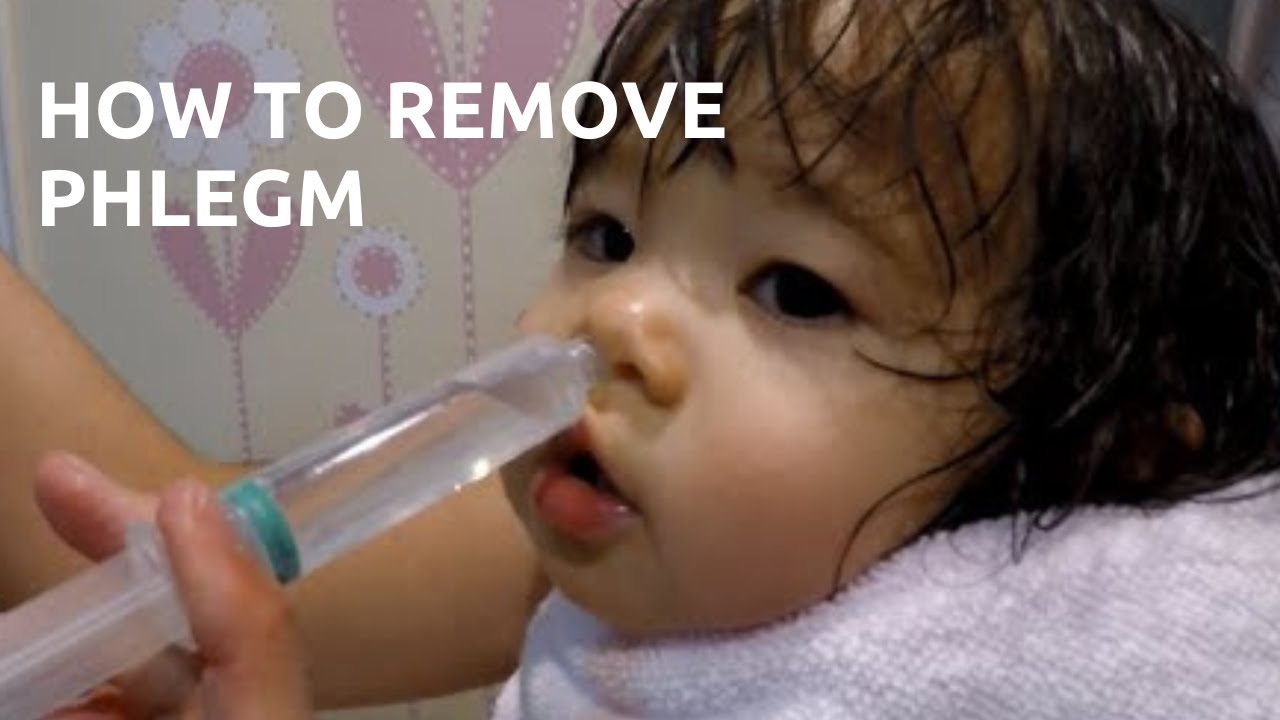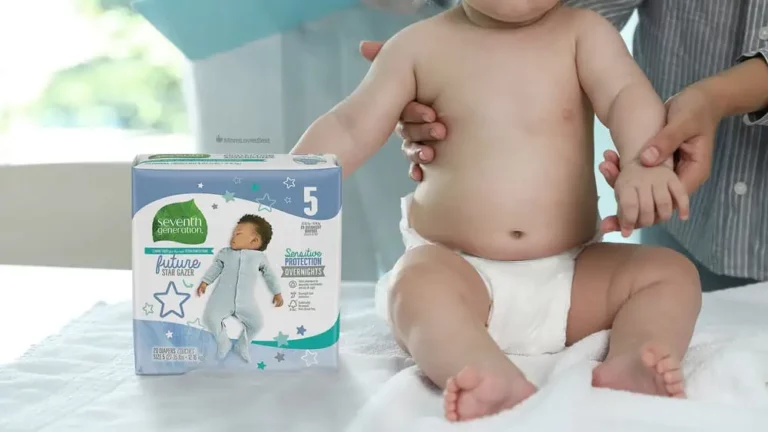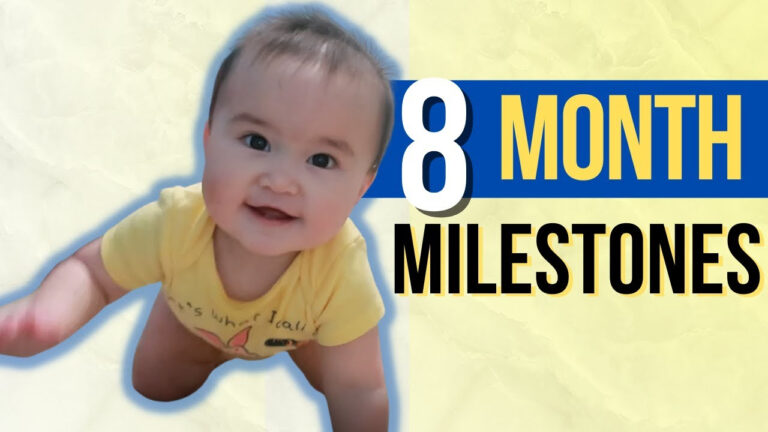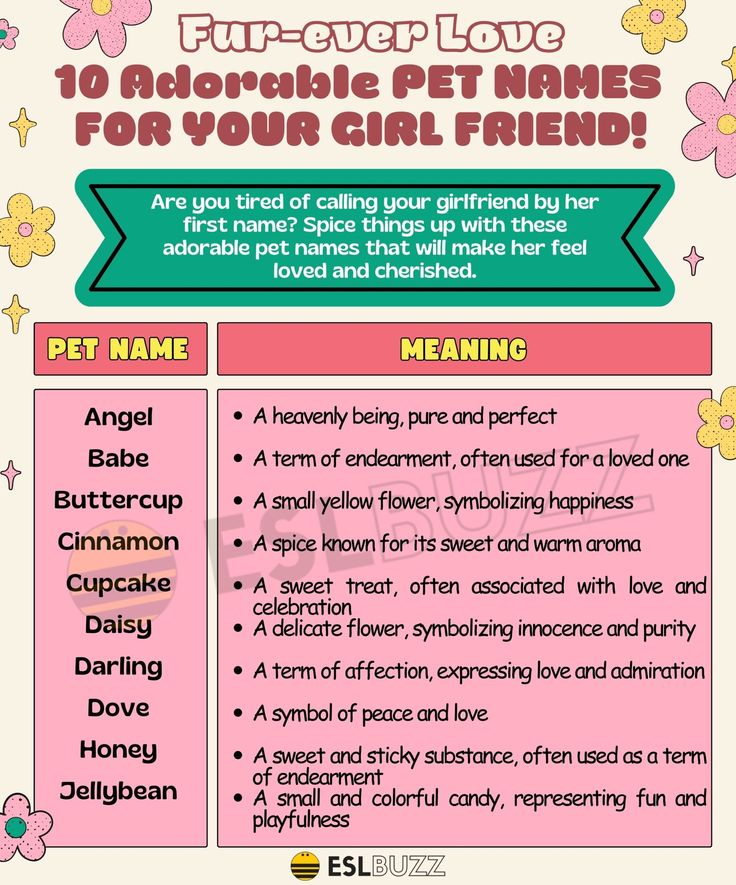How To Help Baby With Phlegm: The Ultimate Guide
As a parent, dealing with a baby who has phlegm can be a challenging and stressful experience. Watching your little one struggle with congestion and difficulty breathing can be heart-wrenching. In this comprehensive guide, we will explore everything you need to know about how to help baby with phlegm effectively. From understanding the causes of phlegm in babies to practical tips and remedies, we’ve got you covered.
Knowledge
Phlegm, also known as mucus, is a thick, sticky substance produced by the respiratory system to help trap and remove foreign particles, such as dust and bacteria. In babies, phlegm can build up in the nose, throat, and chest, leading to congestion, coughing, and difficulty breathing. Common causes of phlegm in babies include viral infections, allergies, and exposure to irritants like smoke or pollution.
It’s essential to recognize the signs of phlegm in babies to provide timely and appropriate care. Common symptoms include nasal congestion, runny nose, coughing, wheezing, difficulty breathing, and irritability. In severe cases, babies may also experience fever, loss of appetite, and fatigue.
When it comes to helping your baby with phlegm, there are several effective remedies you can try at home. One of the simplest and most natural ways to alleviate phlegm is to keep your baby well-hydrated. Offering plenty of fluids, such as breast milk, formula, or water, can help thin out mucus and make it easier for your baby to cough up.
Using a cool mist humidifier in your baby’s room can also help moisten the air and loosen congestion. Additionally, gentle saline nasal drops can help clear out your baby’s nasal passages and reduce congestion. Avoid using over-the-counter cold medications in babies without consulting a healthcare provider.
If your baby’s phlegm persists or worsens despite home remedies, it’s essential to seek medical advice promptly. Your pediatrician can assess your baby’s condition, provide a proper diagnosis, and recommend appropriate treatment. In some cases, babies with severe phlegm may require prescription medications or further medical intervention.
Conclusion
In conclusion, knowing how to help baby with phlegm is crucial for ensuring your little one’s comfort and well-being. By understanding the causes of phlegm, recognizing the symptoms, and implementing effective remedies, you can provide the best possible care for your baby. Remember to consult with your pediatrician if you have any concerns or if your baby’s condition does not improve.
Overall, this guide is designed to empower parents and caregivers with the knowledge and tools they need to navigate the challenges of dealing with baby phlegm successfully. By taking proactive steps and being attentive to your baby’s needs, you can help them breathe easier and recover from phlegm more quickly.






